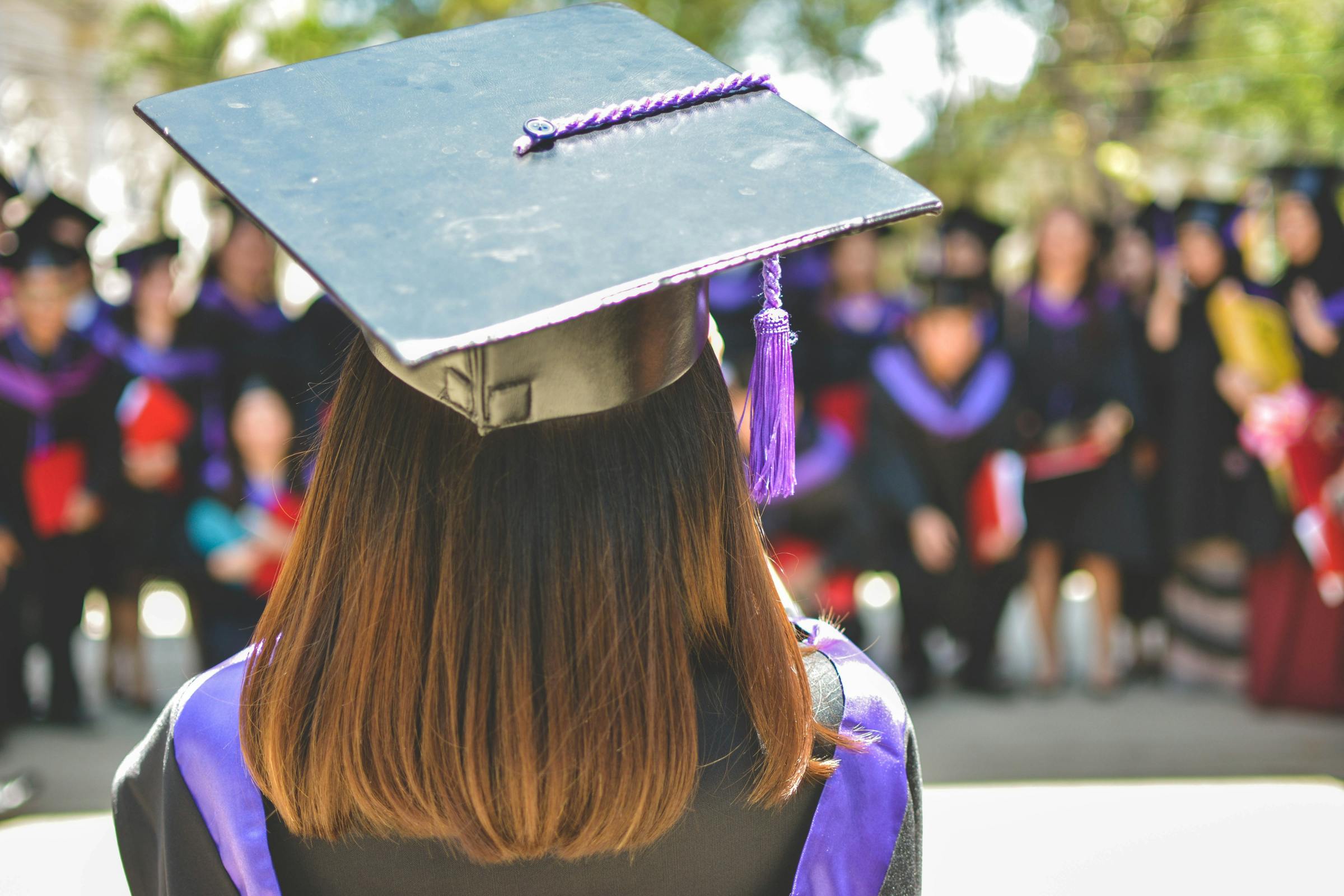A Little Background on the H-1B Visa
Foreign nonimmigrants with specialty skills can receive an offer of employment from a US employer. When that happens, the employer begins the steps to apply for a petition for an H-1B visa.
These steps are complex, and most people hire immigration experts like Visa2US to go through the process with them. But when it’s successful, the foreign worker is the recipient of an H-1B visa that allows them to work and live in the United States. Their spouses and children are entitled to live there but can only work with an Employment Authorization Document.
Going to school is another matter. Children with dependent visa status may attend a K-12 school or post-secondary school as long as they follow certain rules.
The Rules of Foreign Children in a US Education System
The US government makes public education accessible to all children in the K-12 age range. Students may attend full-time without changing their status, but they must abide by the rules that go along with that particular visa category.
Children aren’t allowed to extend their stay in the US to finish a school year or course. When the H-1B holder’s visa expires, the dependent and spouse visas do, as well.
When a child turns 21, they must apply for their own independent visa unless they qualify as exempt from this under specific A, G, or NATO categories. They can transition to an F1 or M1 if necessary (unless they are children under a K nonimmigrant category).
Children who fall under the F-2 visa status can attend school through grade 12 but can’t study officially at a post-secondary school. They may take classes recreationally if they choose to do so, but for the education to go on their official record, they must become an F-1, M-1, or J-1 visa holder.
There are a few exceptions to this rule:
● Children of foreign media representatives (I status) do not need to change to F1 status.
● Children in the J visa category attending medical school may require a waiver before changing their status.
● Visa holders in the K category can’t change their status.
● Q-1 visa holder spouses and dependents have no provisions for education.
As you can see, it’s a bit complicated, which is why it’s wise to get advice from legal experts like Visa2US.
What’s Next?
Heading to the US with your family under an H-1B visa? It’s an exciting, although nerve-wracking, time. You want to ensure you’re following the laws of your visa and your spouse’s and children’s and not do anything to derail your new career and life adventure. That’s why you should call Visa2US before making any big steps.
At Visa2US, our legal experts know immigration law. We can help you understand your rights as an H-1B visa holder and what your spouse and children are entitled to. Contact us with questions, and we’ll answer them confidentially and clearly.














